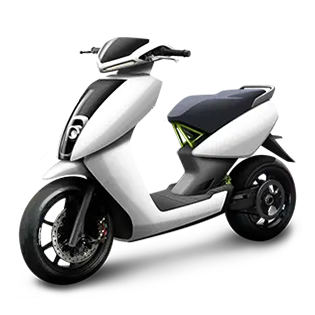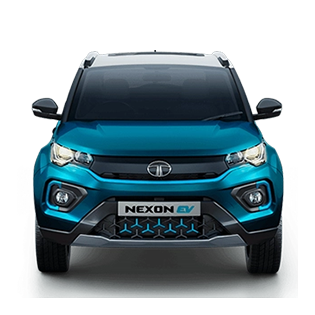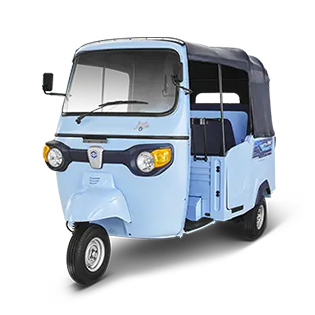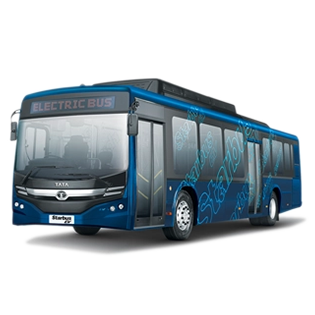Frequently Asked Questions
The range of an electric vehicle (EV) refers to the distance it can travel on a single charge of its battery. It varies on a variety of factors, including the size and capacity of the battery, the power of the motor, the efficiency of the vehicle’s aerodynamics and powertrain, and the driving habits of the operator.
The range of an electric vehicle (EV) refers to the distance it can travel on a single charge of its battery. It varies on a variety of factors, including the size and capacity of the battery, the power of the motor, the efficiency of the vehicle’s aerodynamics and powertrain, and the driving habits of the operator.
Electric vehicles (EVs) are generally considered to be safe to operate, and they offer several safety advantages over traditional gasoline-powered vehicles. They do not produce the noise or vibration that is associated with petrol or diesel vehicles and has very few moving parts reducing the possibility of breakdown or engine-related issues.
In general, the cost of maintenance and fuel of EVs is 1/3rd of the price of petrol or diesel vehicles. The exact amount of money you can save by using an EV will depend on your specific driving habits, location, electricity price, and make & model of your vehicle.
Electric vehicles (EVs) tend to be more expensive than petrol/diesel vehicles because the batteries that power EVs are more expensive to produce than the engines. Additionally, the production of EVs is currently less efficient and takes more resources to produce a single EV.













